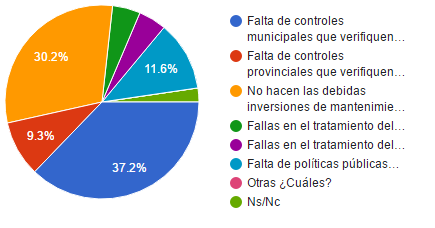Representatives of civil society and native communities participated in the workshop in the city of Bogotá (Colombia). The result was the elaboration of an agenda that complements the territorial demands of the affected communities with the proposals raised from civil society and the academy.
“Below, we offer a google translate version of the original article in Spanish. This translation may not be accurate but serves as a general presentation of the article. For more accurate information, please switch to the Spanish version of the website. In addition, feel free to directly contact in English the person mentioned at the bottom of this article with regards to this topic”
On May 17 and 18, the workshop was organized by the Regional Group on Financing and Infrastructure and the Regional Coalition for Transparency and Participation. The workshop sought to strengthen the joint action of civil society (communities, movements and social organizations, national and local) that are being affected by projects financed by Chinese banking and what monitor the social and environmental impacts of these investments in Latin America.
Topics related to the social and environmental policies currently implemented by Chinese institutions, the analysis of Chinese funding in the region, the projects to which it is intended and the identification of the impacts of these projects on the environment and human rights were addressed. We attended civil society representatives from Argentina, Chile, Bolivia, Brazil, Peru, Mexico, Colombia, Venezuela, Ecuador and representatives of native and peasant communities.
We emphasize the alarming situation of environmental defenders in Chinese investment contexts in countries of the region, who are not only criminalized for the defense of their collective rights but also lack the protection of the State . We succeeded in strengthening the Continental Alliance to follow up on Chinese investments to face the geopolitical strategy that seeks to maintain the constant export model of raw materials in Latin America and the Caribbean.
Those of us participating in the workshop agree that weakening the environmental and social frameworks of the region does not guarantee respect for the rights of the communities involved in the area of influence of the projects that are financed by Chinese banks. Added to this is the non-binding nature of the Chinese banking guidelines. The non-existence of protection at the national level and at the level of multilateral banking puts the communities that are being affected by the investment at risk.
As a result of the Workshop, an advocacy agenda was drawn up that brings together and complements the territorial demands of the affected communities with the reform proposals put forward by civil society and academia. In this regard, at the international level, new standards for companies and Chinese banking are proposed that guarantee compliance, greater participation and effective consultation processes; At the national level, a joint strategy that will reverse the weakening of socio-environmental legislation and provide guarantees of equitable access to justice for environmental defenders.
More information
- Bogotá: Workshop on advocacy actions against Chinese investments in Latin America and the Caribbean
- From Bogota: Continental alliance begins against Chinese investments
- Overview of Chinese investments in Latin America: The cases of Argentina, Colombia, Mexico and Peru
Contact
María Victoria Gerbaldo, victoriagerbaldo@fundeps.org



